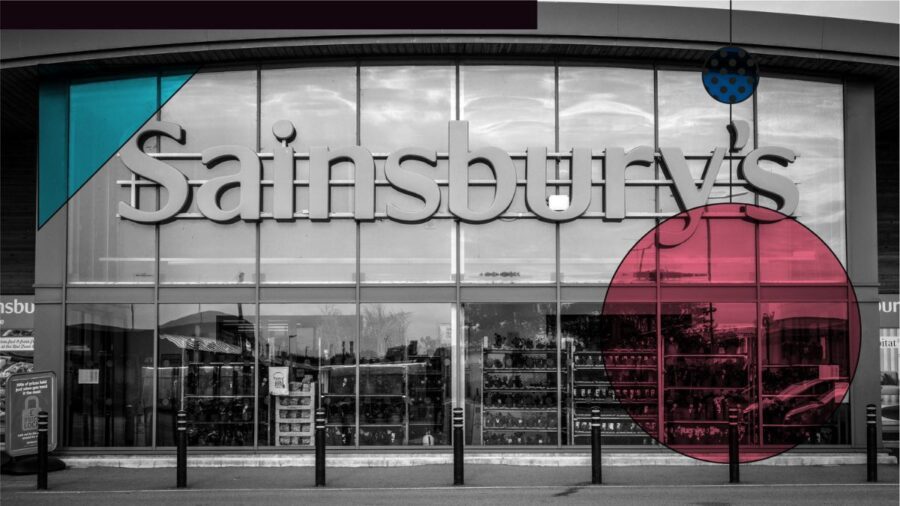
Outcry over Sainsbury’s CEO pay
Another day, another row over excessive CEO pay. This week it’s the turn of Sainsbury’s boss Simon Roberts, who took home almost £5m last year, the supermarket reported on Wednesday.
His pay packet was made up of £899,000 base salary plus a £1.7m bonus and £2.2m in shares. That’s a 38% increase on last year, when Roberts also caught flak for earning so much amid a cost-of-living crisis. It was all too easy for newspapers to link the bumper payday to the £11 per hour Sainsbury’s shop floor workers earn, as well as soaring food prices.
Perhaps ironically, around 8% of Robert’s bonus – some £228,000 – was paid out as a result of his efforts to keep prices low for consumers.
BA, Boots and BBC staff targeted in cyber attack
Thousands of employees at some of the UK’s biggest companies have had their personal data compromised in a coordinated cyber attack by a criminal gang.
British Airways, Boots and the BBC alerted their staff earlier this week that they had been affected by the hack, which exploited vulnerabilities in software called MOVEit, used by Zellis, a payroll provider. It is thought that the gang has gained access to employees’ names, dates of birth and National Insurance numbers after finding faults in the companies’ file-transferring processes.
Microsoft, which is investigating the attack, has attributed it to a group it calls Lace Tempest. The Russian-speaking gang is known for harnessing a strain of ransomware called Clop, which is usually accompanied by a website where it displays what it has stolen and posts sensitive information relating to the victims who don’t pay what is asked.
Big business downsizes
Half of the largest employers plan to cut their office space over the next three years, in light of shifting working patterns, a new study has found. The global survey of real estate leaders by Knight Frank and Cresa found that 50% of employers with a headcount of 50,000 or more plan to reduce their total commercial real estate portfolio, with many looking to reduce their floorspace by between 10% and 20%.
However, smaller businesses – those employing up to 1,000 people – are trending in the opposite direction, with 63% looking to increase their office space in the near future and only 13% planning to downsize. Tim Armstrong, the global head of occupier strategy at Knight Frank, says the split shows that many occupiers have found that their current office buildings no longer meet their requirements.
Irrespective of whether businesses are upsizing or downsizing, occupiers are seeking higher quality, more sustainable and amenity-rich spaces, Armstrong adds. However, as top-tier, sustainable offices become more popular, the global supply of such real estate may struggle to meet the demand.
Telegraph titles to be put up for sale
The Daily and Sunday Telegraph are set to be sold after their parent company was forced into receivership over debts of around £1bn. The Bank of Scotland has appointed management consultancy AlixPartners as the official receiver, to seize shares owned by the Barclay family in Press Holdings, which ultimately controls the national newspapers, as well as The Spectator magazine.
The bank aims to remove all Barclay-appointed board members with a view to replacing them with independent directors as the three publications are auctioned off.
Irrespective of the parent company’s debts, The Daily Telegraph is performing strongly. Last year, the flagship title made profits of £30m and its subscriber-focused business model appears fit for the modern media landscape.
Analysts estimate that the three publications could be sold for between £500 and £700m. Potential suitors include DMGT, the holding company which already owns the Daily Mail, and the Belgian publishing group Mediahuis.
